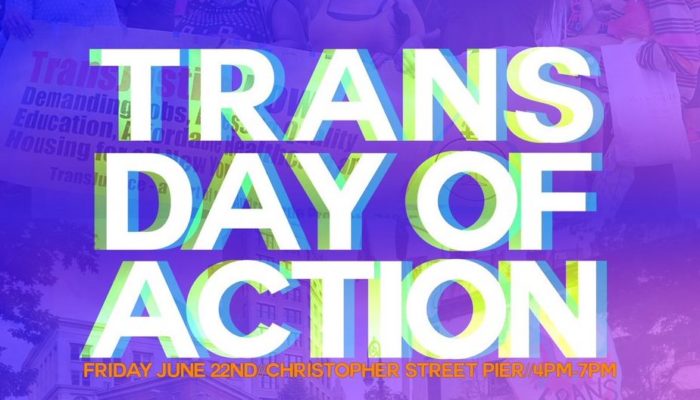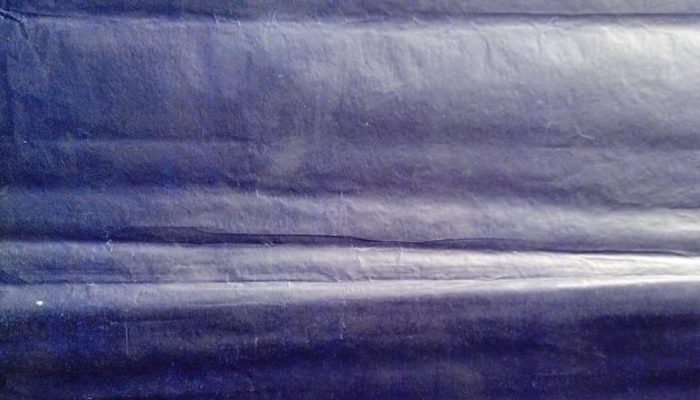One of His Advantages
By T.K. Dalton
Excerpted from original publication on The Millions
Count weather among the forces that I move through life without understanding. What is its origin? What shapes its future? Parenting is humbling, and I end most days shuffling unwieldy questions like this, rarely dealing out anything like an answer.
One frigid Saturday, wind and sleet scratched my plans to grocery-shop with my 16-month-old. He and I detoured, to our nearby library. More than basmati rice or cauliflower, in that moment he needed open space, the familiar thick carpet where he could squat and squeal freely. He needed the warm light of enormous lampshades embossed with ants, birds, and humpback whales. He needed more books. Actually, for different reasons, we both did.
My son hadn’t tired of Good Dog, Carl or My Friends. He’d started requesting Tickle, Tickle by name. His mother invoked Knuffle Bunny while he handed her laundry, and Brush Your Teeth, Please had helped me transform a grim chore into something like dessert. (Grape-flavored toothpaste deserves some credit here). For weeks, maybe months, books had reliably engaged him, exciting or calming him depending on the title, the time of day, and what could be called his nascent taste. A rotation of Goodnight, Moon, Good Night, Gorilla, and Goodnight, Goodnight, Construction Site guided him to sleep most nights. Reading was becoming a force that shaped his world, but unlike a polar vortex or a hurricane, it felt like a force within parental control. Three weeks later, when our borrowed books came due, I felt less sure. Yes, I can control the presence or absence of books. I can curate his library. I can open the book and ask him “Can you point to the moon?” After that, mystery follows. Once the words leave my mouth for his ears, they enter the universe of his mind, where nothing––so far––is fixed.
This particular trip to the library marked the end of an eventful week in his early literacy. At bedtime the previous Sunday, he had restacked his books to retrieve Trains Go, which I admit I’d strategically buried. My son sat in his typical way, circling once and bracing with both hands before thudding down. (“I learned to sit from my friend the dog…”) When the rough landing made him laugh, I saw the tiny John Belushi grin and a flash of what I’ve heard other parents call the Boy-Boy, a term I understand but dislike, strongly. He raised the book above his head.
In that moment I thought about another force in the world, the force behind the very idea of a Boy-Boy: I thought about gender identity. What is its origin? What shapes its future? I knew, even then, that imposing my version of a male gender, my preference for skepticism and nonconformity, isn’t any more appropriate or healthy than slinging him into army fatigue onesies or calling him “Daddy’s Big Guy.” There he stood, leaning forward with Trains Go at the ends of his fully extended arms. A smile strained his cheeks, seven tiny teeth bared. His whole body twisted into an absurd, miniature shrine to this ultimate Boy-Boy book, which he loves with an intensity that surprises me.
I can ride a bicycle and lecture Texans about highways. I can reuse glass jars as travel mugs and minimize the meat I eat. Maybe, as these tiny acts multiply, climate change could slow. But how little control, it seems, I have over what gender information he learns! Male adults he has barely met teach him “High five!” and call him “Buddy.” The two-year-old boy at the museum my wife’s parents took him to shows him that cars go “rrrrrr;” that evening while eating the Indian food his nonni cooked from scratch while his nana drank whisky, my son moves fork-to-mouth: ‘rrrrrr.’ Back in New York, at a playground’s toy house, a trio of four-year-old girls cold shoulders him. At daycare, where his favorite place to play is the toy kitchen, his three tias teach him that cooking is for boys, too. So many inputs and as much as this last one thrills his mother and me, we skew the algorithm: calling him the affectionate nickname “Mister, Mister,” taking him to the beach with his to-die-for curls tucked under a New York Yankees cap.
This windy night, the one before the library trip, my son held Trains Go over his head and I thought, Gender is weather: it’s a force I can’t fight with anything but the smallest actions, a force whose changes happen over time in a manner that’s unpredictable, intertwined with the actions of strangers, and hardly benign.
He settled the book in my open hands. “Junebug,” I said. “We read that already.”
He grunted, then opened it in his own lap. “Wooo woooo wooooooo,” he said, reading words not on that page, but the next one. When he’d finished, my son opened The House in the Night, flapping his lips and saying “bah-bah, baah-baaah,” as he must think I do. He learns, as toddlers do, through mimicry.
After he fell asleep, while putting his books back, I noticed in the shelf above Harold and the Purple Crayon and the one below What to Expect: The Second Year my neglected copy of Poetics. In it, Aristotle says this: “Imitation is natural to man from childhood, one of his advantages over the lower animals being this, that he is the most imitative creature in the world, and learns at first by imitation.” Reading this, my son asleep, I wondered, If he’s learning first through imitation, then what does he learn about gender from me? Does he learn the next claim in Poetics, that “it is also natural for all to delight in works of imitation.” All could not possibly delight in the imitations of men. I know I cannot delight in imitations of the advantages of men, of the violence of men, and the obliviousness to privilege I witness in the conscious and unconscious acts of too many fathers and sons and brothers and husbands, myself included. So if I can’t delight in such imitations, we’ve disproved all. What about him? Do I have my answer already? Is it ‘rrrr,’ ‘rrrr,’ ‘rrrr?’ What exactly does he imitate? What does he ignore?
T.K. DALTON’s nonfiction has been nominated for a Pushcart Prize and appears in The Millions, Radical Teacher, Southeast Review, and elsewhere. He holds an MFA from the University of Oregon and works as a sign language interpreter.




